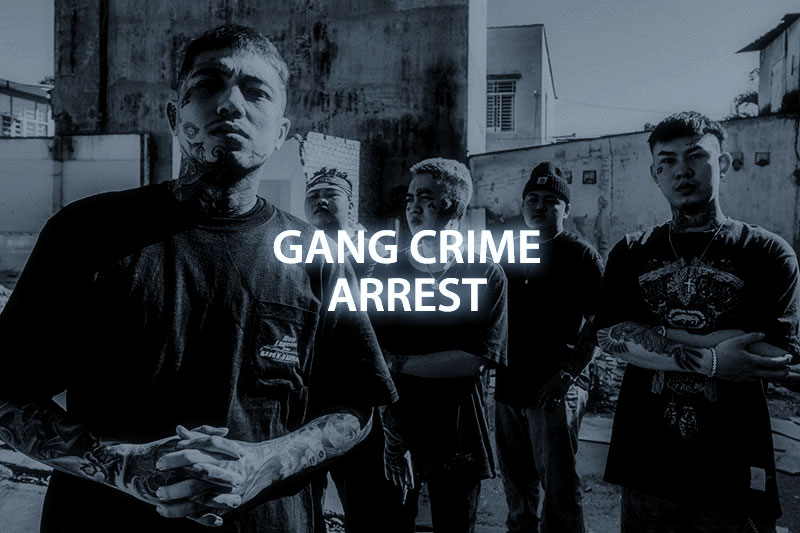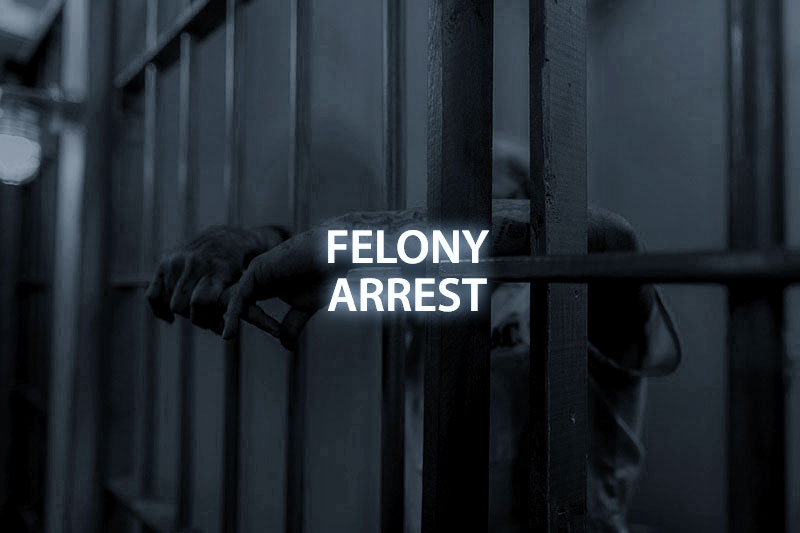Given the complexity of DUI laws and the serious nature of DUI charges in California, anyone facing such charges should seek legal representation. A qualified DUI attorney can provide critical advice, represent your interests in court, and guide you through the complexities of the legal process. Responsible driving is non-negotiable, and understanding California's DUI laws is the first step in making informed choices about alcohol consumption and driving. By staying informed and adhering to the law, we can all contribute to safer roads and communities.
These cases illuminate the importance of a nuanced and well-prepared defense strategy in cases involving gang-related charges. Key factors such as the ability to challenge gang enhancement requirements, the use of expert witnesses, focusing on rehabilitation potential, and establishing a strong alibi have all contributed to favorable outcomes. While each case is unique, these examples underscore the value of experienced legal counsel and the profound difference a personalized defense strategy can make in the face of gang crime allegations in California.
Effectively challenging gang allegations demands a comprehensive understanding of both the evidence and the broader legal processes at play. By focusing on the lack of evidence, scrutinizing procedural integrity, and dismantling the alleged gang affiliations or motivations behind a crime, a skilled defense attorney can craft a formidable defense. The complexities inherent in gang-related cases require not just legal acumen but a tenacious commitment to uncovering the truth and defending the accused’s rights at every turn.
California's Three Strikes law continues to impact the lives of offenders and reflects the broader conversation about criminal justice reform in the United States. While it was designed to keep repeat offenders off the street, its rigid application raises questions about fairness and proportionality in sentencing. With legal tools like the Romero Motion available, there is room for individual consideration and judicial discretion, offering a glimmer of hope to those who may otherwise face excessively stringent punishment.



